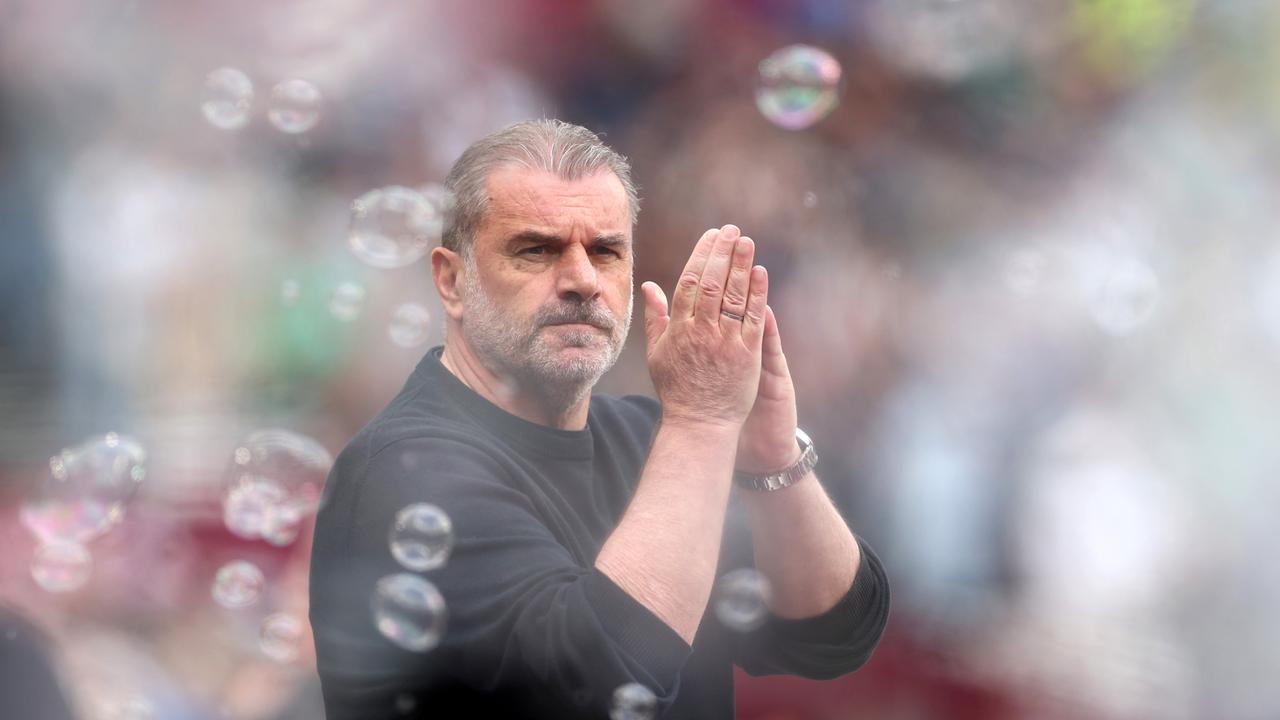How Liverpool FC rose from mediocrity to superpower status before returning to the pack
LIVERPOOL’S stunning successes have been countered by tragedy, off-field controversy and underachievement. We chart the club’s path from the 60s to today.
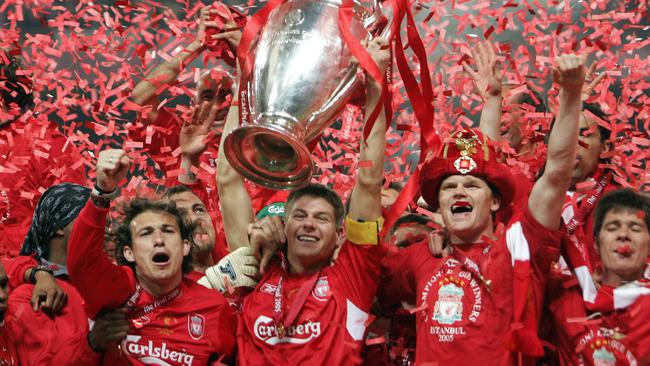
Football
Don't miss out on the headlines from Football. Followed categories will be added to My News.
EVEN the most ardent Liverpool supporter might not know that they suffered through some pretty dark times 64 years ago.
1954 is not an arbitrary year picked out of the air. It’s rather symbolic.
After 50 unbroken seasons in the top flight, the Reds were relegated to division two.
And it could hardly be seen as a shock either. Since winning the first division title in the first season back after World War II, they had gone into a steady decline.
To make matters worse it was fierce local rivals Everton who replaced them in the top flight.
But the pain didn’t stop there.
Liverpool finished 11th the following season. And were beaten 9-1 by Birmingham City to boot — still their worst defeat.
While their position improved over the next four seasons, it wasn’t enough to earn promotion.
Changes were needed — and that’s when Liverpool turned to Bill Shankly and changed the course of their history.
1960s — first steps to a bold, exciting future
Manager — Bill Shankly
Trophies — Div. 2 title (1961-62) Div. 1 title (1963-64) Community Shield, FA Cup (1964-65) Div. 1 title, Community Shield (1965-66) Community Shield (1966-67)
The Scot made some shrewd player moves, helped facilitate major facility upgrades and, most importantly, roused some much-needed spirit.
But he didn’t do it alone! Liverpool had some great football brains to throw in the mix in Bob Paisley, Joe Fagan, Ronnie Moran, Reuben Bennett and Tom Saunders. They were all part of what is famously known as ‘The Boot Room’.
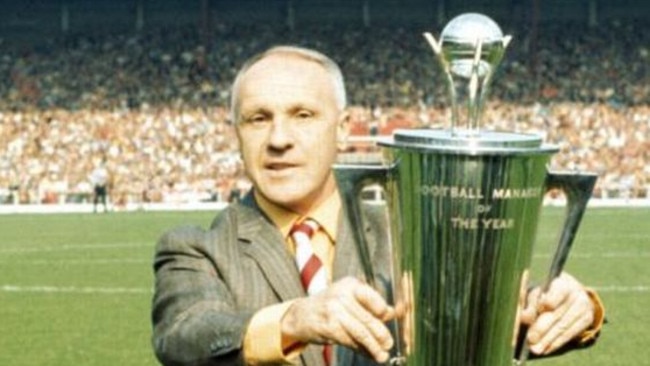
Liverpool were back in Division One by 1962 and just two seasons after that were crowned champions of England.
They did it again in the 1964-1965 season. They had players such as Roger Hunt, Ian Callaghan and Gerry Byrne who all played a part in England’s World Cup win of 1966.
Five seasons of underachievement then followed.
Shankly again instigated change and the second Liverpool revolution was underway.
Players such as Kevin Keegan, Steve Heighway, John Toshack and Ray Clemence made their marks.
1970s — ascension to greatness and trophies galore
Managers — Bill Shankly, Bob Paisley
Trophies — Div. 1 title, UEFA Cup (1972-73) FA Cup (1973-74) Community Shield (1974-75) Div. 1 title, UEFA Cup (1975-76) Div. 1 title, European Cup, Community Shield (1976-77) Champions League, Community Shield, Super Cup (1977-78) Div. 1 title (1978-79) Div. 1 title, Community Shield (1979-80)
Shankly delivered another league title in 1972-1973. They also won the UEFA Cup in the same season.
Liverpool had been transformed into a slick, winning machine and even when Shankly retired after the 1974 FA Cup success, they hardly skipped a beat.
Paisley took over — reluctantly at first — and the Reds went on a veritable trophy binge.
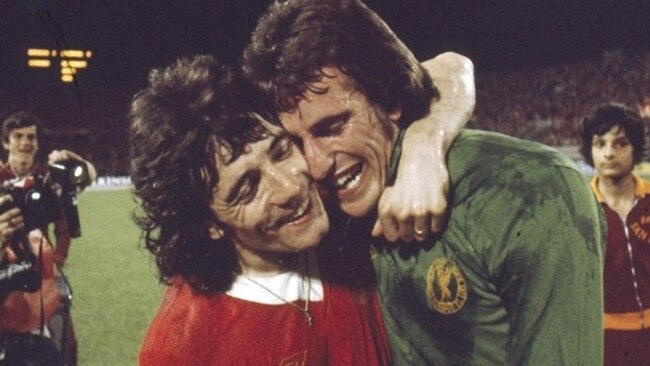
In just nine seasons in charge he won 20 trophies.
He couldn’t have dreamt of a better start, winning both 1975-1976 league title and UEFA Cup. The European success was a remarkable come-from-behind victory over Club Brugge. The Belgians had taken an early two-goal lead before Liverpool roared back in the second half with three goals in seven minutes.
Paisley led Liverpool to five of the next seven domestic titles. Throw in total European domination as well and it’s easy to see why Paisley is so revered.
He also unearthed a wealth of talent from Kenny Dalglish to Emlyn Hughes, Jimmy Case, Terry McDermott, Phil Neal and Graeme Souness in that time.
1980s — More glory, Skippy, Kenny and tragedy
Managers — Bob Paisley, Joe Fagan, Kenny Dalglish
Trophies — European Cup, League Cup, Community Shield (1980-81) Div. 1 title, League Cup (1981-82) Div. 1 title, League Cup, Community Shield (1982-83) Div. 1 title, European Cup, Leauge Cup (1983-84) Div. 1 title, FA Cup (1985-86) Community Shield (1986-87) Div. 1 title (1987-88) FA Cup, Community Shield (1988-89) Div. 1 title, Community Shield (1989-90)
A third member of The Boot Room, Fagan, took charge in 1983-1984.
And Liverpool’s domination continued almost unabated. Fagan won three more trophies in two seasons.
His final game in charge was the 1985 European Cup final against Juventus in Brussels.
Thirty-nine people died and 600 were injured when fans of both clubs clashed in what was to become known as the Heysel Disaster.
As a result, English clubs were banned from playing in Europe for five years.
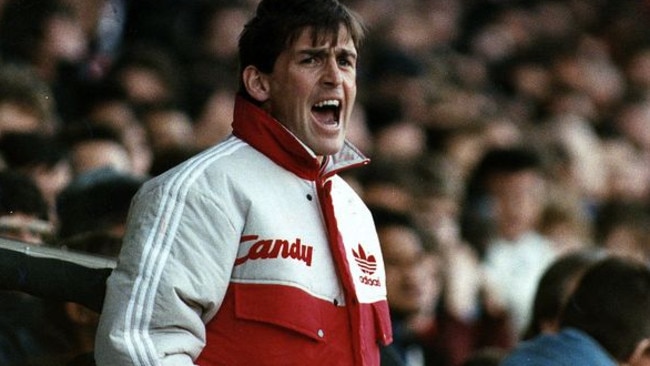
In Dalglish’s autobiography, he claims that Fagan was left a haunted man for the rest of his life by the incident.
Dalglish took over as player-manager — and with Ian Rush leading the line — they won the league-FA Cup double in his first season.
Aussie Craig Johnston famously scored in the 3-1 FA Cup final win over Everton at Wembley.
Liverpool won the league title twice more in the next four seasons under Dalglish, but the good times came to an abrupt halt on April 15, 1989 in an incident that still resonates around the world to this day.
Ninety-six fans were crushed to death at Hillsborough before Liverpool’s FA Cup semi-final against Nottingham Forest.
English football then soon entered the Premier League era and left the Reds searching again for the same relevance that Shankly hit upon all those years earlier.
1990s — Spice Boys, white suits at Wembley and mediocrity
Managers — Kenny Dalglish, Graeme Souness, Roy Evans, Gerard Houllier
Trophies — First division title (1990/91) League Cup (1994/95)
AFTER Liverpool surged into the 90s with another title win and started the 90/91 season in slashing form, Reds fans may have been forgiven for thinking the new decade would see continued success.
It wasn’t to be.
Instead the 90s, which saw the advent of the English Premier League, became largely a decade of disappointment as bitter rivals Manchester United usurped Liverpool’s position as top dog in England.
Reds fans used to a rich diet of success were suddenly placed on strict rations and after coming second in 1990-91 had to then try to stomach finishing as low as eighth in the league and never above third.
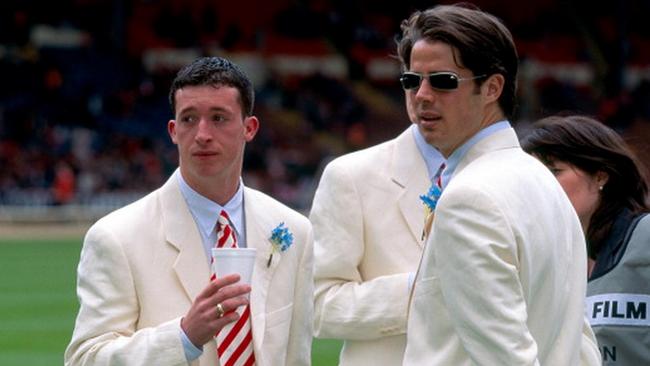
In fact beyond the 89/90 title (Liverpool’s last), the only other major silverware to find its way to the Anfield trophy room that decade was the League Cup in season 94/95 as white suits at Wembley for the 1996 FA Cup Final and the ‘Spice Boys’ garnered more headlines than serious title challenges.
However there were still bright spots on the park and the decade saw the emergence of bona fide stars such as Michael Owen, Robbie Fowler, Steve McManaman and Jamie Redknapp.
Seeing those players produce some exciting football, largely under manager Roy Evans, perhaps added to the frustration for Reds fans as their team couldn’t get the job despite there being no consistent challenger to United’s general dominance.
2000s — Miracle of Istanbul, Cups frenzy and High Court challenges
Managers — Gerard Houllier, Rafa Benitez
Trophies — FA Cup, League Cup, UEFA Cup (2000-01) Community Shield, Super Cup (2001-02), League Cup (2002-03), Champions League (2004-05), FA Cup, Super Cup (2005-06) Community Shield (2007)
THE clear standout, the shining light, in this decade for Liverpool was the Miracle of Istanbul.
Liverpool’s stirring comeback from a 3-0 halftime deficit to beat AC Milan on penalties and hoist a fifth European Cup in 2005 has gone down not only in Reds history but football history and once again gave Liverpool fans something to really boast about.
The famous Champions League win came right in the middle of a decade which started with triple trophy success but which later saw the club shaken by real off-field turmoil.
It was also the decade in which Steven Gerrard stamped himself as an Anfield legend with his heroic exploits in the Reds midfield.
And despite sticking an extra 10 cups in the bulging Anfield trophy room, title success continued to elude the Reds.
Manager Gerard Houllier finally produced dividends three years into his reign in the 2000-2001 season when Liverpool finished third in the league but went nuts on the cups front, bagging the FA Cup, League Cup and UEFA Cup.
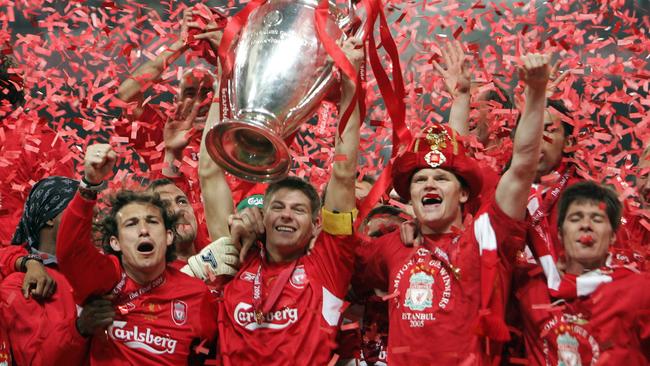
The next season the Reds went one better in the League and duly won a couple of trophies — the Super Cup and Community Shield
That was effectively the narrative for the rest of the decade, coming there or thereabouts in the league and picking up cups along the way.
Houllier was replaced for the start of the 2004/2005 season by Spaniard Rafa Benitez and he remained in charge for the rest of the decade.
The Champions League win made Benitez an instant Kop legend and in 2008-2009 Liverpool came their closest to a title in 18 years.
Liverpool finished second, four points behind champions Manchester United but with a better goal difference and fewer losses. However they were cruelled by a succession of draws.
The action was not confined to the field however — a leveraged buyout by US businessmen Tom Hicks and George Gillett in 2007 placed the club in serious debt and appeared to threaten its future.
In 2010 things turned really ugly when the issue of the club’s ownership went to the High Court and Hicks and Gillett were forced to allow the sale of their stake in the club.
Liverpool were then bought by Boston businessman John W Henry and his Fenway Sports Group, who remain in charge of the club.
2010 to present — Suarez, title challenge and more inconsistency
Managers — Roy Hodgson, Kenny Daglish, Brendan Rodgers, Jurgen Klopp
Trophies — League Cup 2011-12
THE promise of the previous season evaporated in 2009-2010 as Benitez’s outfit finished a disappointing seventh, setting a dispiriting pattern of lowly finishes that mirrored more the 90s than the 2000s.
League placings since that season: 6th, 8th, 7th, 2nd, 6th, 8th.
The key bright (and at the same time frustrating) spot in the past few years was of course the title charge of 2013-14, spearheaded largely by superstar striker Luis Suarez who followed his previous season’s goal tally of 30 with 31 strikes.
Undoubtedly the key (and for Liverpool fans heartbreaking — for non-Liverpool fans hilarious) moment came when the Reds succumbed 2-0 to Chelsea at home in the third last game of the season, with a Steven Gerrard slip gifting Demba Ba the opener.
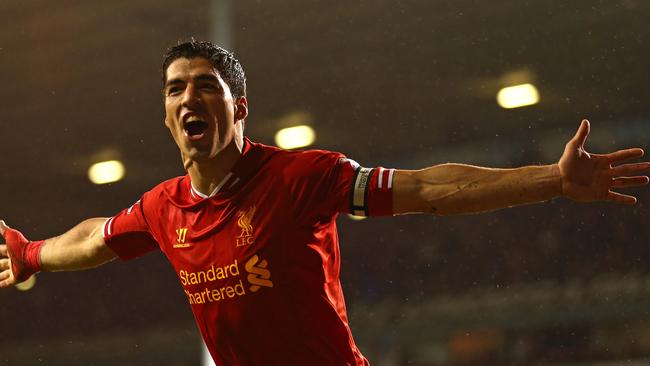
Brendan Rodgers’ side was topping the table and on an 11-game winning streak but that loss, followed by a draw with Crystal Palace meant the title went to Manchester City with Liverpool finishing two points behind in second.
That result was followed the next season with a sixth-placed finish and with Liverpool struggling again in 2015-16, Rodgers was sacked in October.
His replacement, charismatic double Bundesliga-winning coach Jurgen Klopp, was welcomed with enthusiasm by Liverpool fans but he is yet to cure the side’s inconsistency.

